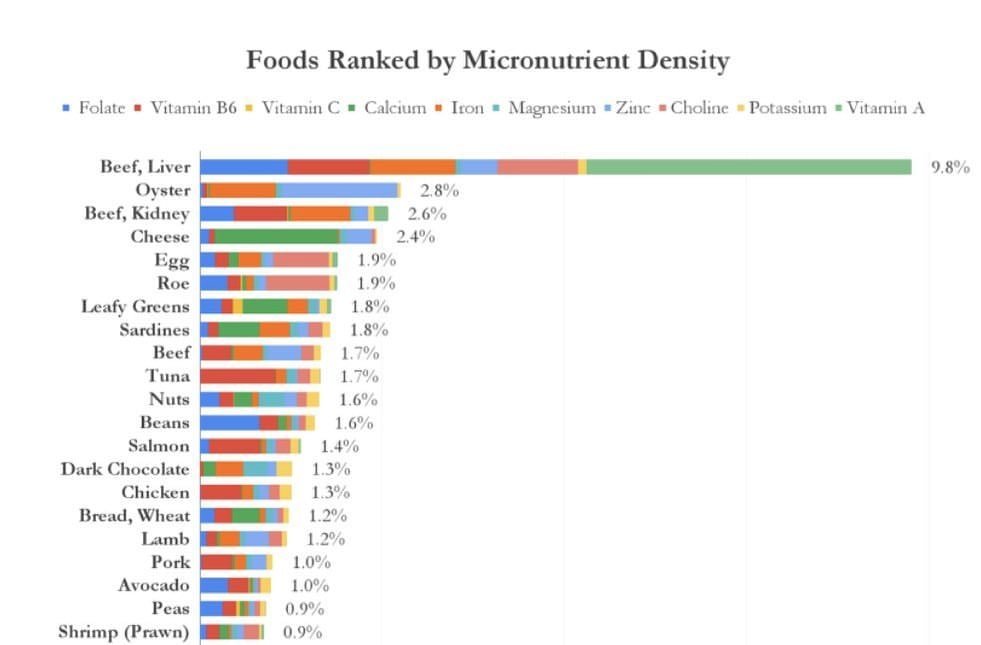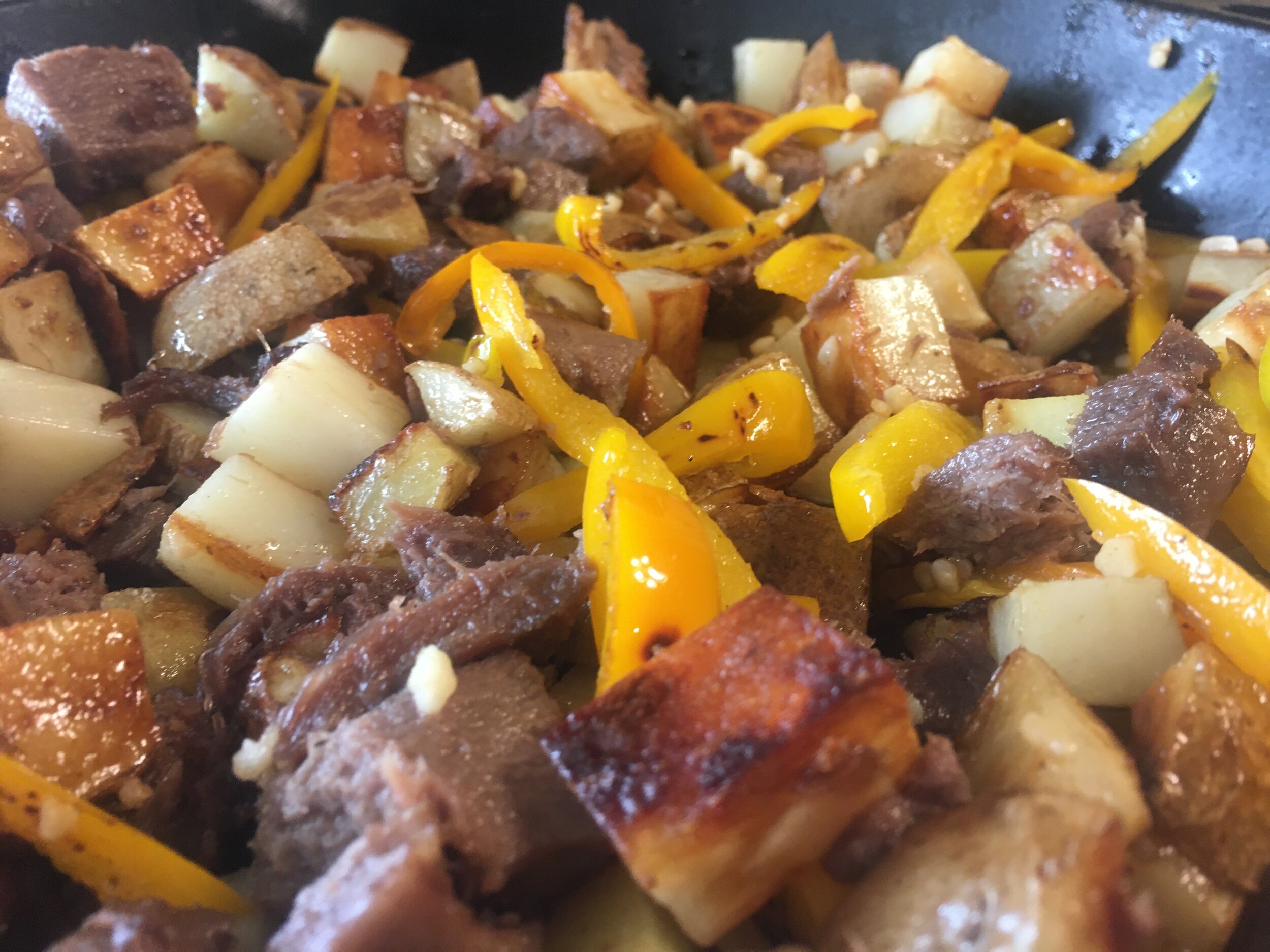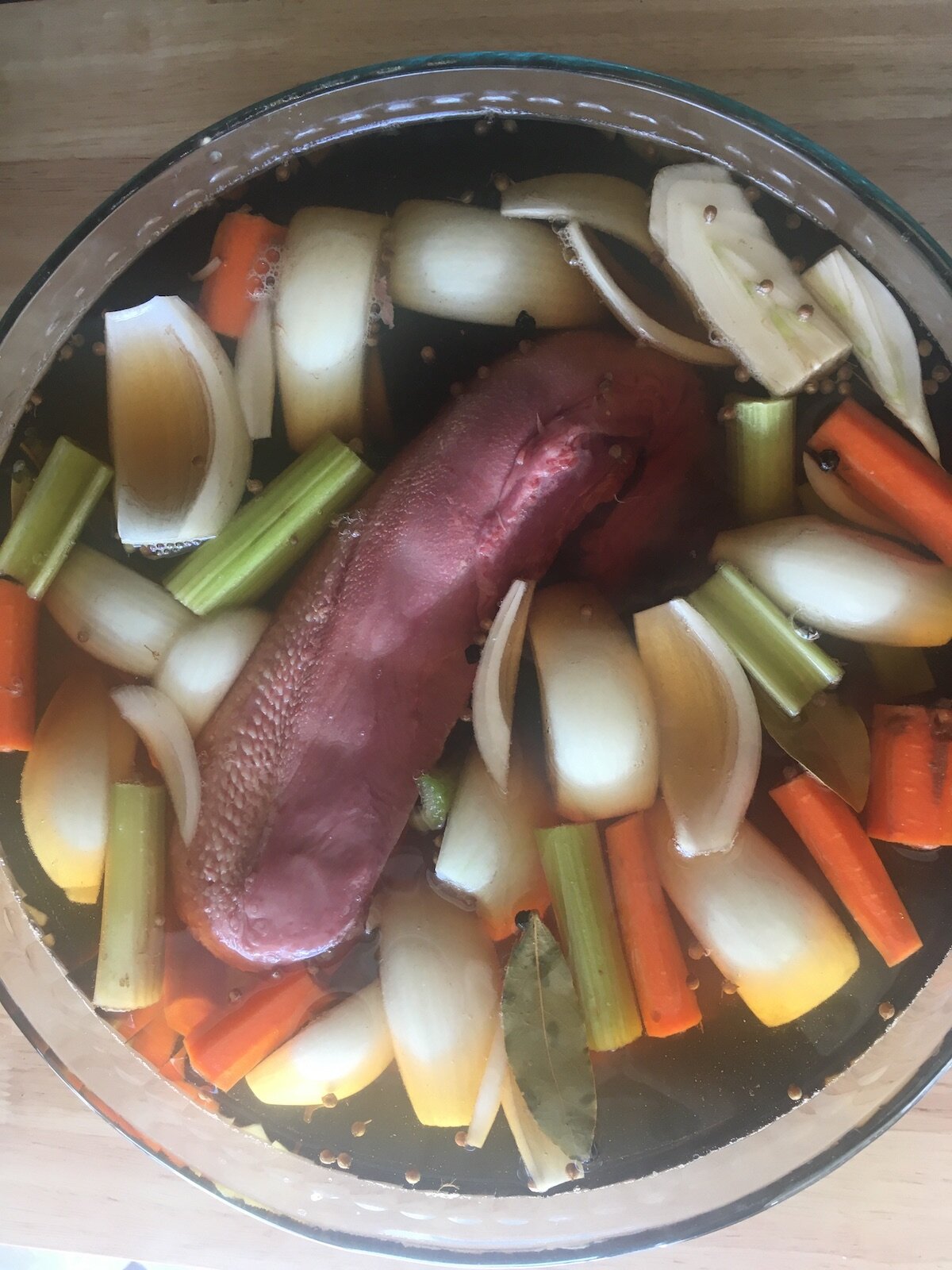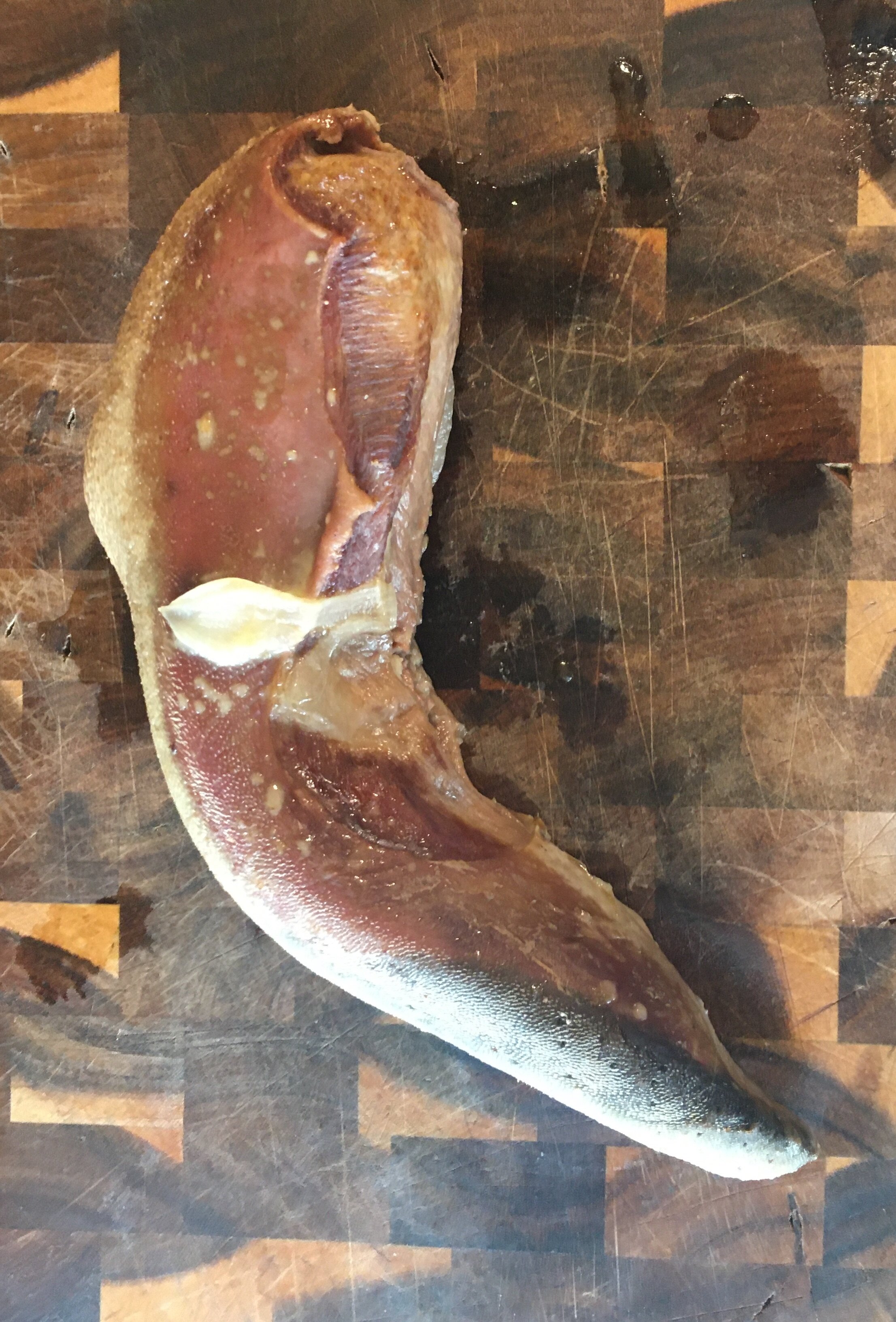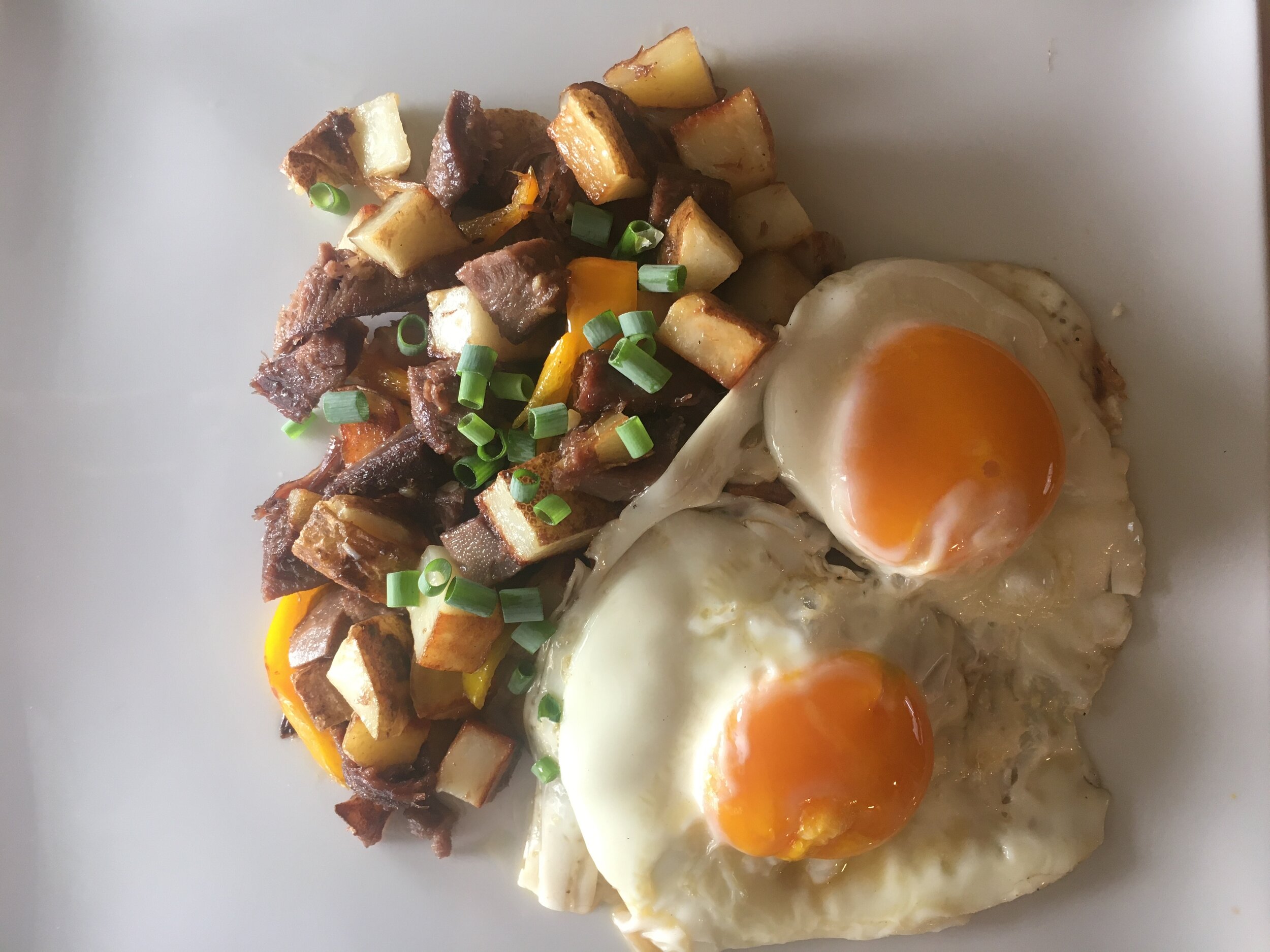In response Brown’s claims to preserving biodiversity, monocropping soy is the complete opposite of diverse agriculture. Thousands of animals die every year through the destruction of their habitat to make room for soybean fields… all to produce “vegan” foods. Contrast the image of soybean fields with a well-tended pasture growing a diverse variety of grasses. It’s obvious the organic, grass-fed beef system is more diverse and in tune with nature.
The plain truth is that GM soy looks good on paper because soy production has lower carbon emission than commercial beef operations. However, when considering the fact that rotational grazing systems (akin to our farm practices) have a net negative carbon emission, grass-fed beef is the clear winner. Rotational grazing actually puts carbon back into the soil, something GM soy producers could never dream of accomplishing.
When one considers the toxic monocropping practices and pollution of soil and waterways required for GM soy, it’s apparent that Brown’s claims that the Impossible Burger is an environmentally healthy and sustainable solution simply don’t hold water.
The Impossible Burger: Toxic
Because the Impossible Burger and other soy-based meats are most commonly produced with genetically modified soy, the burger contains a substantial amount of glyphosate. Glyphosate is an essential ingredient to the commonly used herbicide, RoundUp. Almost all soybeans in the US are sprayed heavily with RoundUp and therefore contaminated with glyphosate.
Glyphosate, a known carcinogen, has also been shown to be neurotoxic, endocrine-disrupting, harmful to DNA, and damaging to the liver, even at very low levels of exposure. This information alone is enough to avoid glyphosate to preserve human and animal health.
A Monsanto trial jury awarded the plaintiffs over $2 billion dollars, as a settlement for the connection between the glyphosate containing herbicide, Roundup, and their cancer. An independent test compared the levels of glyphosate between two of the popular soy-based beef replacements, the Impossible Burger and the Beyond Burger. The test found that the Impossible Burger contained eleven times the amount of glyphosate as the Beyond Burger. The raw values for glyphosate were 11.3 ppb for the Impossible Burger and 1 ppb for the Beyond Burger.
The amount of glyphosate in the Impossible Burger (and other soy-based meats) is concerning because only 0.1 ppb of glyphosate has been shown to alter the gene function of over 4000 genes in the livers, kidneys, and cause severe organ damage in rats. The Impossible Burger contains over 100 times that amount of glyphosate!
In addition to the toxic load from glyphosate, the soy-based meats are problematic for human health because they are made from soy. Soy is a plant food loaded with anti-nutrients and phytoestrogens. This means that soy impacts our health by contributing to inflammation and hormonal imbalances. Perhaps most importantly to those seeking to use soy as a protein source, the anti-nutrients in soy inhibit proper protein absorption, so most of the protein is not bioavailable to the consumer.
In short, soy-based meats and the Impossible Burger are not a proper alternative to beef or other animal-based meats. The risks to consuming these products must be made known to the consumer so we can make informed choices about our health and future.
The Impossible Burger (and other soy and plant-based meats) is not healthy, environmentally friendly, or a real replacement for pure and nutritious grass-finished beef. It is loaded with toxic glyphosate and hormone-altering phytoestrogens. Grass-fed beef is real nutrition, a net positive on the environment, and truly “protein packed” with protein that is easily digestible. If you want a burger, the best option is support your local organic, grass-fed and grass-finished beef farm. You won’t regret that choice!




